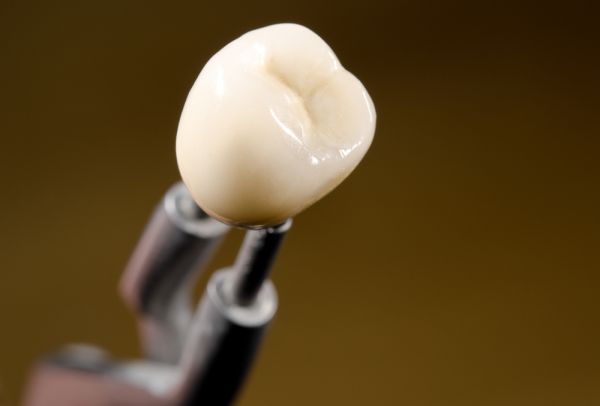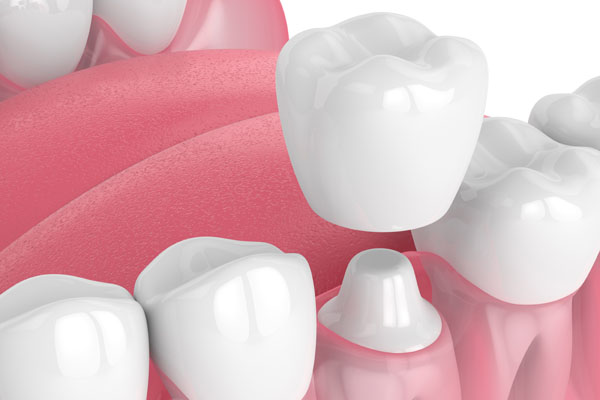Procedures for Root Canals and Crowns

What exactly are crowns? Why do you need them? How do they get placed?
In this article, we are going to go over the procedure and process of a root canal. One of the most important parts that most people do not know about: the crown. That is right, it is a two for one when you are getting a root canal. The whole procedure is a simple process that will last no longer than 90 minutes. But it does usually take at least two visits to complete.
The best way to save a tooth
A root canal is a simple, everyday procedure. It takes a bit of local anesthetic, and the root canal is done over two appointments.
Why exactly do you need a root canal?
A root canal is recommended because the pulp of a tooth is infected and beyond saving. It has become infected and has to be removed, so the tooth is then cleaned from the inside out. The entire pulp is pulled out, and in its place is left a nice clean cavity. Now the tooth has been hollowed out and it needs to be filled. So, what better way to fix a cavity than with a dental crown!
Root canals and dental crowns
Without the tooth's pulp, the tooth and even those around it can become infected. This can lead to damage to the gums and problems beyond just a toothache. Many may think a root canal is something that they can just put off, thinking the pain is just a toothache. However, it is a rather urgent procedure.
When it is not dealt with in a timely manner, it can lead to a surprisingly deadly effect. When a tooth is left to rot due to neglect, it can spread to the jaw bone, grow into an infection and lead to inflammation of the face and even other surrounding areas.
Time to put on the crown
A permanent crown is the gonna be the main reason for the second visit, while cleaning was the reason for the first. A crown is put on top of a freshly cleaned out tooth. This is to make sure that the tooth stays its best.
The dentist will ask the patient to perform a series of bite-and-stop tests to get a natural feeling for the most comfortable bite possible. When all is said and done, you will have a great looking tooth with a solid top that is so clean and precise that you will not have to worry about the pain or suffer any more discomfort!
Then begins the upkeep part of the process. Fortunately, taking care of a crowned tooth is very much like taking care of your real ones, mostly because it is! After getting a root canal and crown, the best thing you can do is take your dentist's advice and brush, floss and mouth wash daily.
Final note
Contact us today if you have any more questions about getting a root canal or a crown. We are happy to help!
Request an appointment here: https://gkdentaloffice.com or call GK Dental PC at (617) 826-6075 for an appointment in our Everett office.
Check out what others are saying about our services on Yelp: Read our Yelp reviews.
Recent Posts
Dental restorations have been used for thousands of years. In fact, a 2012 article published by The New York Times details the discovery of a 6,500-year-old human jawbone. Considered the earliest evidence of dental fillings, it had beeswax in one tooth, which researchers believe was to ease the pain of a crack. These days, restorations…
Crowns are commonly used in dental restorations. A crown is a cap shaped like a tooth but hollow in the middle. It fits over a natural tooth that has to be prepared first. Depending on the issue it is correcting, a crown can be used by itself or as a component of another restoration technique.Teeth…
Regular dental checkups are vital to keeping your teeth and gums healthy. You should visit your family dentist at least once every six months. This includes both adults and children alike. Routine dental appointments are essential for good oral health and they offer many important benefits.Tartar removal is an important step in dental appointments that…
Restorative dentistry refers to any type of dental procedure that a dentist performs to restore a damaged or missing tooth. Dental restorations can encompass several procedures that vary in terms of invasiveness, complexity, and what they can accomplish. However, the overreaching goal of all restorative procedures is to improve the health, function, and appearance of…


